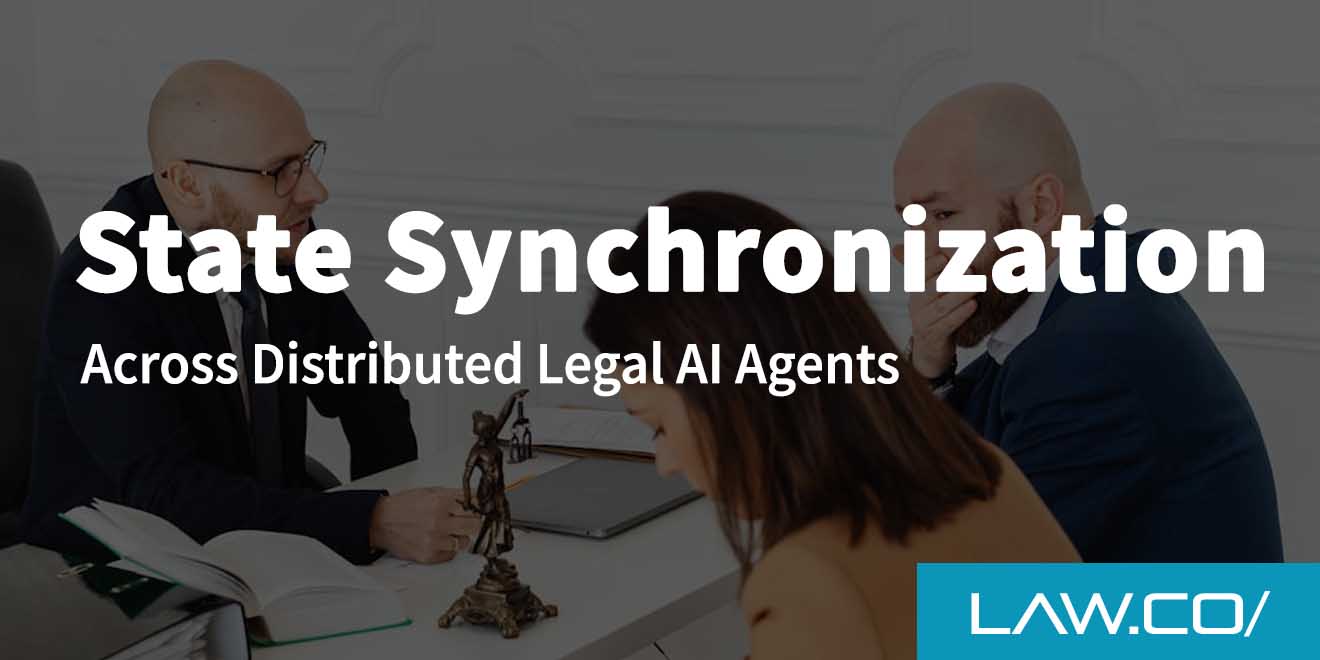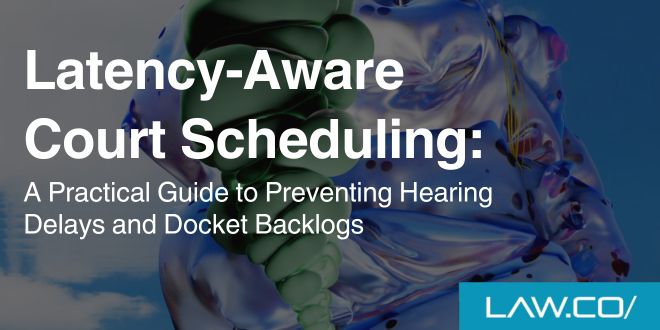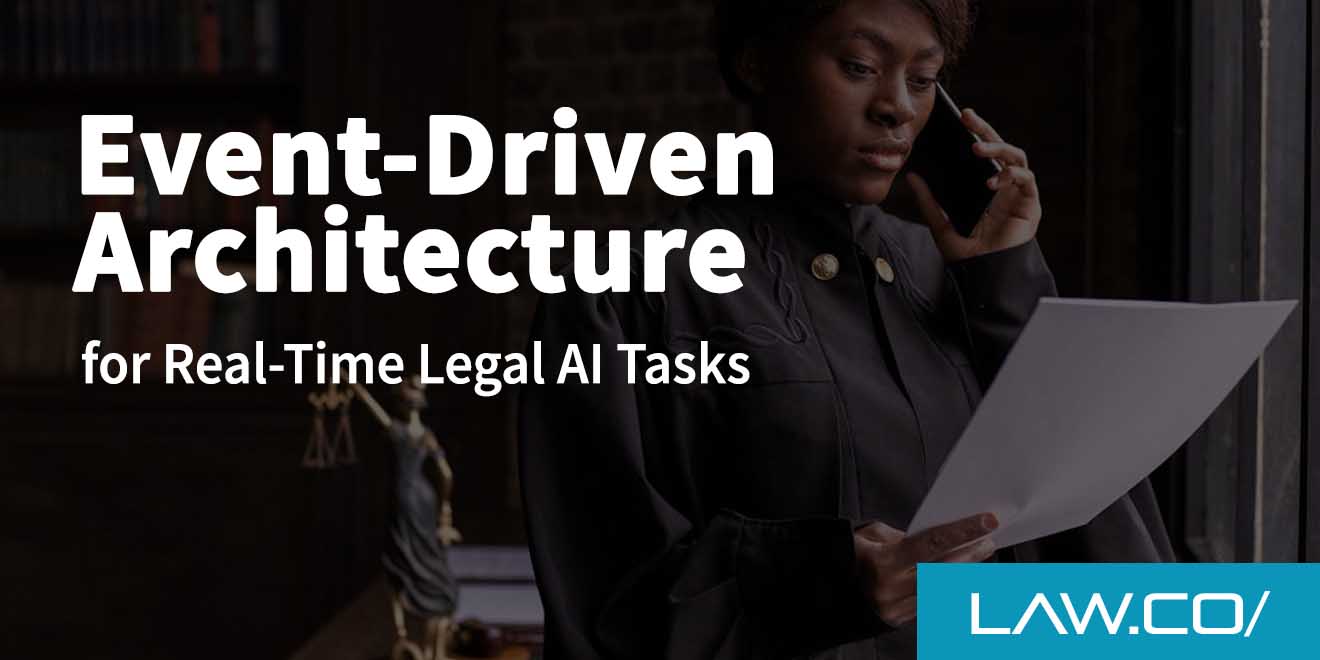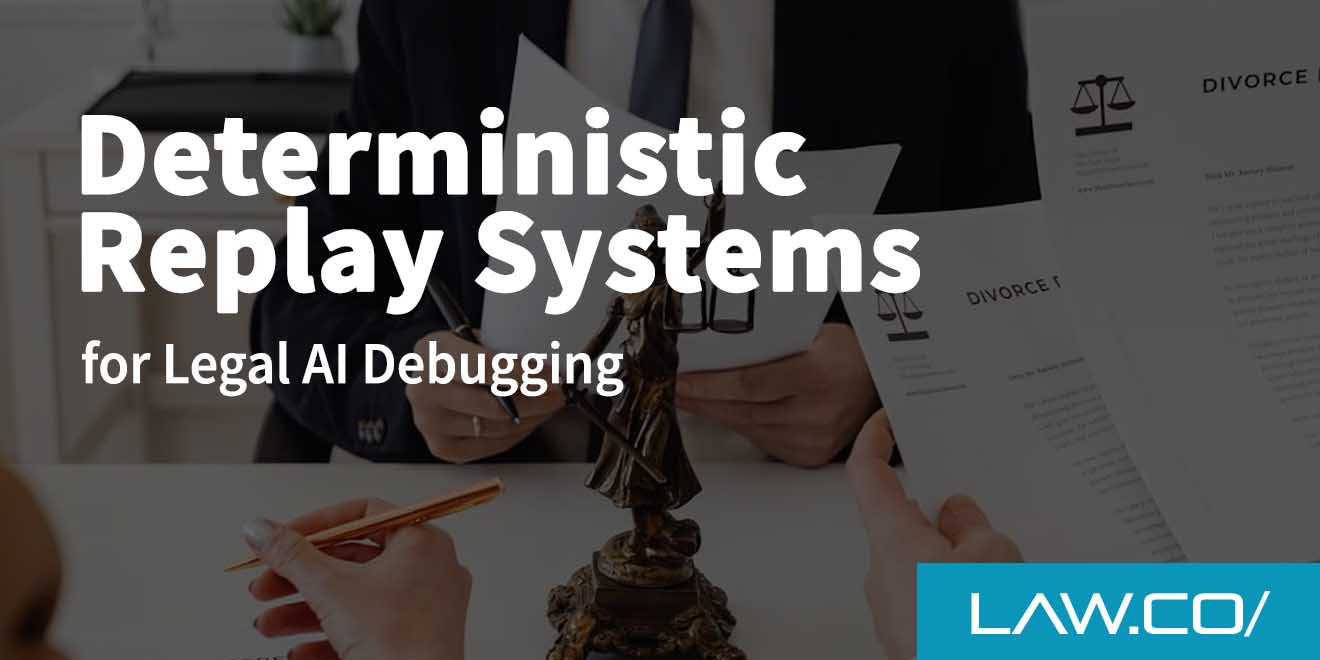

Building Secure & Compliant AI Workflows for Law Firms
When you’re running a law firm, protecting client data is non-negotiable. After all, your clients trust you with their most sensitive information, from business contracts to personal matters. But with AI tools gaining traction—especially for tasks like reviewing contracts or sifting through large sets of discovery documents—how do you integrate these technologies without compromising security or bending ethical guidelines?
Below are a few practical angles to consider if your firm is thinking about weaving AI into its everyday workflow in a way that safeguards client confidentiality.
Pinpoint Exactly What You Need AI to Do

Rather than plugging every task and piece of information into an AI platform, first figure out precisely which problems AI is best suited to tackle. Maybe you want to categorize documents faster, spot potential red flags quicker, or cut down on repetitive contract review. Zeroing in on a clear goal will keep you from collecting or sharing unnecessary data. The less information you expose, the less risk you run.
Be Choosy (and Cautious) with Data Access
Law firms tend to have a trove of private details. A quick way to land in hot water is letting your AI platform peer into files it doesn’t actually need to see. So implement firm-wide policies to define who can access which data sets—and when.
For instance, a paralegal specializing in civil litigation probably doesn’t need to rummage around in mergers and acquisitions documents. Strong protocols and role-based permissions act like consistent guardrails, ensuring only the right people interact with sensitive content.
Vet Your Vendors Thoroughly
Not all AI tools are built with airtight security. Before you jump in, grill potential vendors about their encryption standards, how they store or process data, and whether they comply with recognized benchmarks (like SOC 2 or ISO 27001). It might feel tedious, but these questions can ward off hidden vulnerabilities down the line. Remember: any breach on their side could reflect poorly on your firm and compromise privileged client information.
Keep Pace With Compliance and Ethical Rules
Along with the usual data security protocols, law firms have to navigate a host of ethical standards and regulations, from state-level bar rules to federal privacy laws. Perhaps you’re juggling GDPR obligations if you have international clients, or you’ve got HIPAA considerations for medically related cases.
Either way, it pays to periodically review evolving guidelines around AI usage in the legal field. Skipping these check-ins can lead to inadvertent missteps—and no one wants to discover compliance lapses after the fact.
Train Your Team Early and Often
Even the best AI system can spiral into chaos if users don’t understand how it works or how to handle security protocols. When you introduce a new platform, spend time educating staff about what type of data they can load, how to spot anomalies, and simple steps to lock down information (like strong passwords or two-factor authentication). Set up refreshers down the road to keep everyone in the loop when policies shift or new threats emerge.
Monitor, Audit, and Then Monitor Some More
Cyber threats evolve quickly, and an AI workflow that’s fully compliant today might have invisible cracks a few months down the line. So make periodic security audits a habit. That could mean running vulnerability scans, bringing in third-party security experts, or even conducting an internal review to verify that employees are following protocols. By catching potential risks early, you’ll save yourself the headache (and potential liability) of a larger problem later.
Bringing AI Into Your Practice the Right Way
There’s no doubt that AI can help law firms operate more efficiently—especially when it comes to combing through piles of case documents or speeding up routine tasks. But that efficiency has to be balanced with security and ethical obligations. By tailoring your AI usage to specific firm needs, locking down data with thoughtful access controls, and staying current on regulations, you’ll be well on your way to building a workflow that works seamlessly without jeopardizing client trust.
In the end, a successful AI strategy isn’t just about technology; it’s about reinforcing the values your firm has upheld all along: confidentiality, professionalism, and meticulous attention to detail. Take it step by step, and you’ll soon find AI tools that fit neatly into your legal practice—while keeping client data safe and your firm’s reputation strong.

%201.svg)










